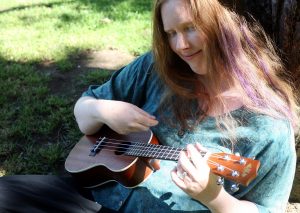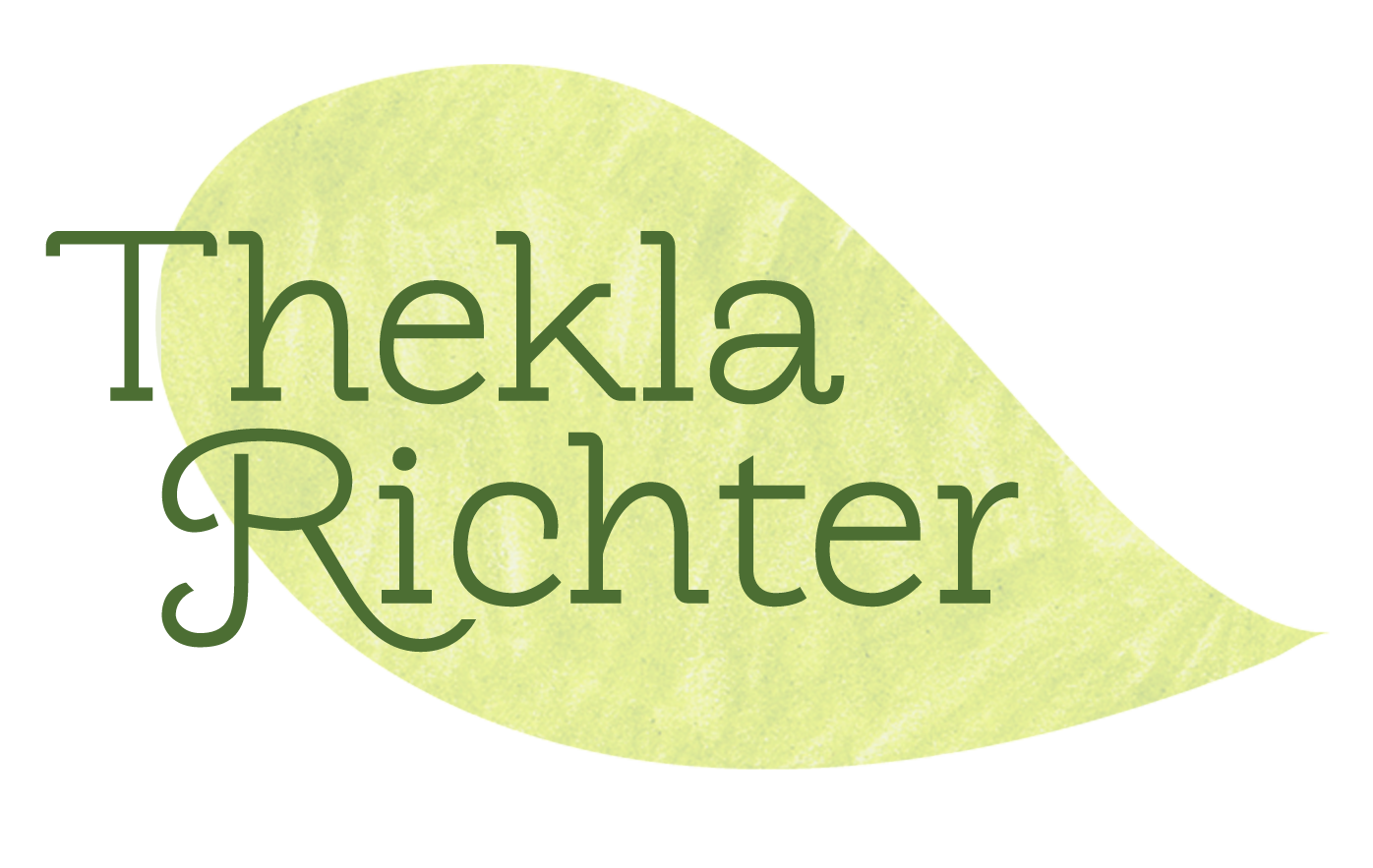I am a creator, and my core creative work– writing and coaching– matters to me tremendously. I want each coaching session I show up for, each piece of writing that wings its way into the world, to be as amazing as I know how to make it. And I aspire to always grow + improve, to always hone my craft, so that what I am capable of creating becomes more + more powerful.
That said, I also adore having creative hobbies that I am terrible at. Being a haphazard experimental beginner over + over again, immersed in neck-deep newness and floundering around trying to make something. Picking up an instrument I haven’t touched for months and playing badly on it for fun. Being an artistic dilettante who jumps impulsively from one hobby to the next.

I’m not actually inherently terrible at these pursuits. I’m not saying I have hidden genius-level aptitude, but I could certainly achieve respectable levels of skill at any of them if I truly put in the work. I’ve picked up the beginning or early intermediate level skills of so very many creative pursuits… calligraphy, painting, pottery, bellydance, bookbinding, drumming, knitting and all the ones I’m leaving off the list because the full list would make this blog post way too long.
I used to think less of myself for my fickle artistic ways, but over time I just decided to enjoy it: I flit from hobby to hobby like a happy little bee gathering nectar and turning it into creative honey. I began to see that having these creative hobbies I can take so lightly is a boon to the forms of creative work I know I cannot ever leave.
So here’s what I love about having hobbies I’m bad at– and why I think having no-pressure hobbies makes me better at my core creative work:
I relax. Noodling around with something that doesn’t ever, ever have to be good is peaceful + freeing. And that sense of creating without pressure on my level of craft, or any focus on results, carries over into my writing. I remember that I can experiment and that it’s okay sometimes to just mess around in a process-oriented way, like my toddler does. This sense of freedom + experiment allows for greater creativity when I sit down to write.
Everything looks new again. Every time I learn a new craft, I gain an entire new lens with which to view the world, an entire new set of data through which I can evolve new interconnections + insights. I get lots of new ideas. And since I have made a hobby of enjoying new hobbies and letting some of the older ones ebb + flow or drop off my plate, I can add new ones as often as I like. (Though I do sometimes make myself some rules about using up my art supplies before buying a new genre’s version!)
I reconnect to wonder. Being a beginner at something again reminds me of the fresh joy of discovery, a sense of play, and a sense of simple childlike accomplishment: “Look, I made a thing!” I pull that sense of wonder + accomplishment into the rest of my work.
I practice looking foolish. When I learn new skills in group environments, I unfailingly feel clumsy. As I fumble around, I feel the spectator effect, as if everyone is far more aware of + interested in my errors than is actually the case. Being used to experiencing this awkward stage again + again makes me more tolerant of risk-taking in other endeavors. And for me, being used to overcoming my fear of looking ridiculous makes it easier for me to do all the risky things that can help me level up in my core creative work: submit the manuscript, try out the new skill, write something in a new genre, and so on.
I get to follow the fun. Sometimes when I write, I get quite focused on writing through resistance + finishing my projects. This kind of persistence is important, but it’s also important to remember how to simply seek out pleasure and write the good stuff that makes my heart glow. Picking up, playing with and dropping creative hobbies on a whim all help me to remember just what it feels like to deeply trust my creative urges.
I fill myself up with extra energy. When I get fired up about some fascinating new endeavor, that inspiration and high level of creative energy carries over into everything else I do. So becoming obsessed with mangling some new ukulele strumming techniques can carry over into how I feel when my butt hits the chair and I’m getting words onto the screen– I can have more days where that feels like a sexy joyful communion and fewer days when I’m typing through molasses because sometimes that’s what a writer needs to do.
Sometimes something more awaits. I’m always exuberantly excited by new hobbies when I begin them, yet most of them pass in + out of my life over time. Some, like my ukulele, become something else… a magical transformative ongoing creative habit that remains purely process-oriented. I’ll never be a performer and I don’t want to be. I just love playing and singing– it completes something for me. (And actually, playing a song on the uke is my favorite way of kicking writer’s block to the curb.) I’m not sure I would’ve picked up my uke in the first place if I weren’t so used to trying on new creative hobbies for fun.
What do you love being bad at, or perhaps just okay at?
Does having a no-pressure creative outlet help you with your other creative work? I’d love to hear from others who dip their toes into new hobbies to feed their core creative work. Maybe you’d like to join me when I finally decide which beginner’s class I should take this spring: precious metal clay fabrication, beading or mosaic-making.
